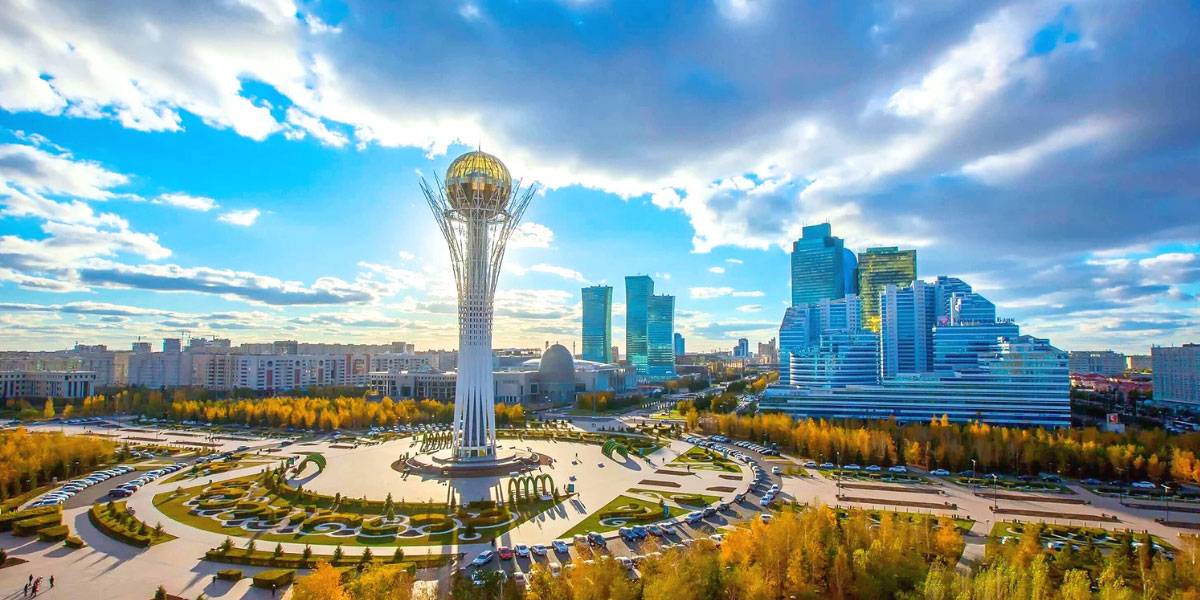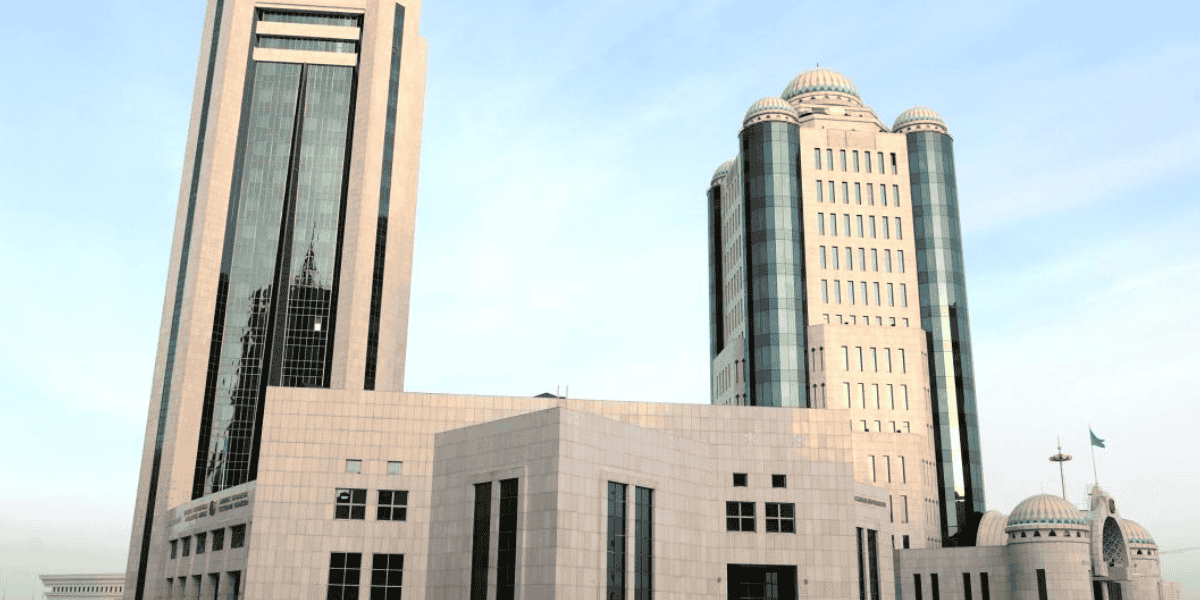On 16 September 2018 the IMF published on its website a report following consultations with Kazakhstan under Article IV of the IMF’s articles of agreement.
Kazakhstan’s economic growth has strengthened owing to higher oil production and increased trading and manufacturing activity. Medium-term growth prospects for growth are favorable but there are some domestic and external risks. With the winding down of fiscal stimulus programs Kazakhstan is looking at fiscal consolidation. This is supported by improvements in tax administration and reforms of expenditure.
The structural reform agenda aims to address the country’s dependence on natural resources. The aim is to make public administration more efficient and improve the business environment. This will involve addressing governance issues, making progress on privatization, encouraging greater competition and investing in infrastructure.
Economic growth is expected to remain solid, but overall growth is likely to slow down as the increase in oil production moderates. Non-oil growth is expected to increase in the medium term, owing to structural reforms and financial measures. Non-oil growth could be higher if far-reaching reforms are implemented decisively. Risks relate to commodity prices and to lower export earnings and fiscal revenues. Tighter global financial conditions, slower growth in key trading partners Russia and China and deepening global trade tensions are other risks.
Positive external developments include China’s Belt-Road Initiative (BRI) and reforms in neighbouring Uzbekistan which provide an opportunity for greater integration, trade, investment, and diversification. Internally ambitious reforms are being carried out in health, education, public-private partnerships (PPPs) and outsourcing, and public employment. These should be carried out and in addition the issuance of a tenge Eurobond could attract foreign investors and establish a benchmark.
Further fiscal adjustment is expected in the medium term driven by higher revenues, mainly from tax administration gains from the value added tax (VAT) and enhanced technology. The government plans to reduce the personal income tax (PIT) rate for low-income earners. To further enhance progressivity the IMF suggests that a moderate increase of PIT rates for high-income earners could be considered. The IMF considers that a review of tax incentives and the tax regime for mining should be undertaken.
The level of capital spending should be increased in a deficit-neutral way with higher non-oil revenues. Efforts should be made to further strengthen fiscal transparency and risk management, including monitoring of state-owned enterprises and PPPs.
Progress should be made with governance reforms. A thriving private sector is needed if the government is to realize its goal of joining the world’s thirty most developed countries by the year 2050. The private sector should provide the main impetus for growth with the government facilitating the business environment and enhancing infrastructure, connectivity, and inclusivity. The government should liberalize trade, enhance domestic competition, and improve land use and agriculture infrastructure. Government efforts to enhance use of technology in public administration, and accountability should proceed.













